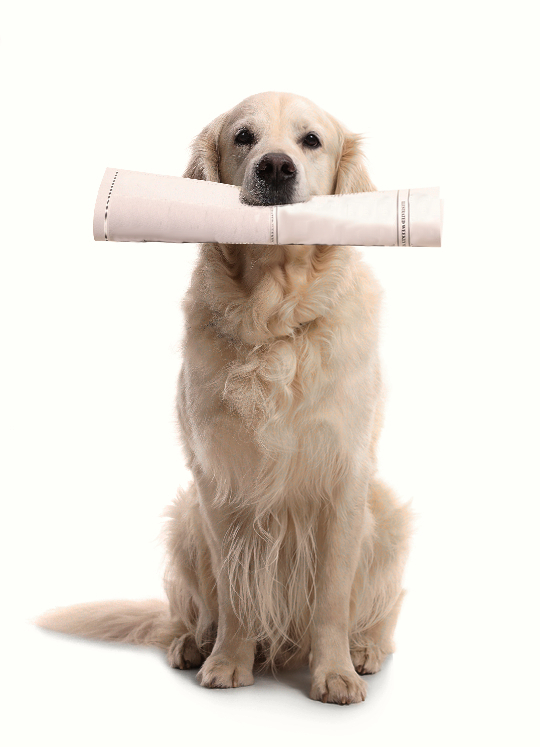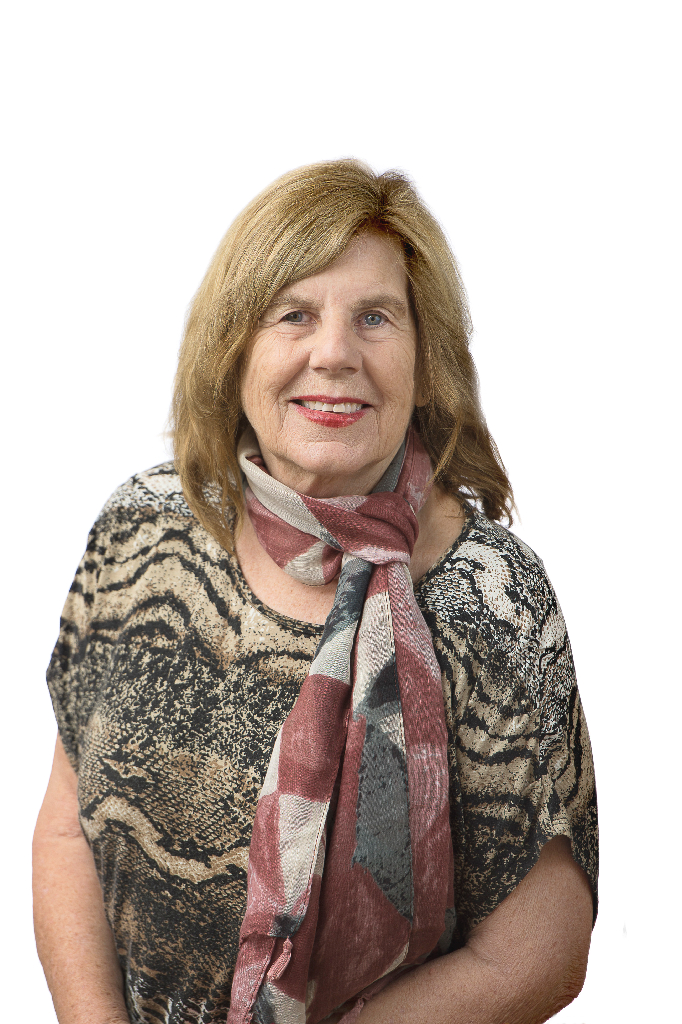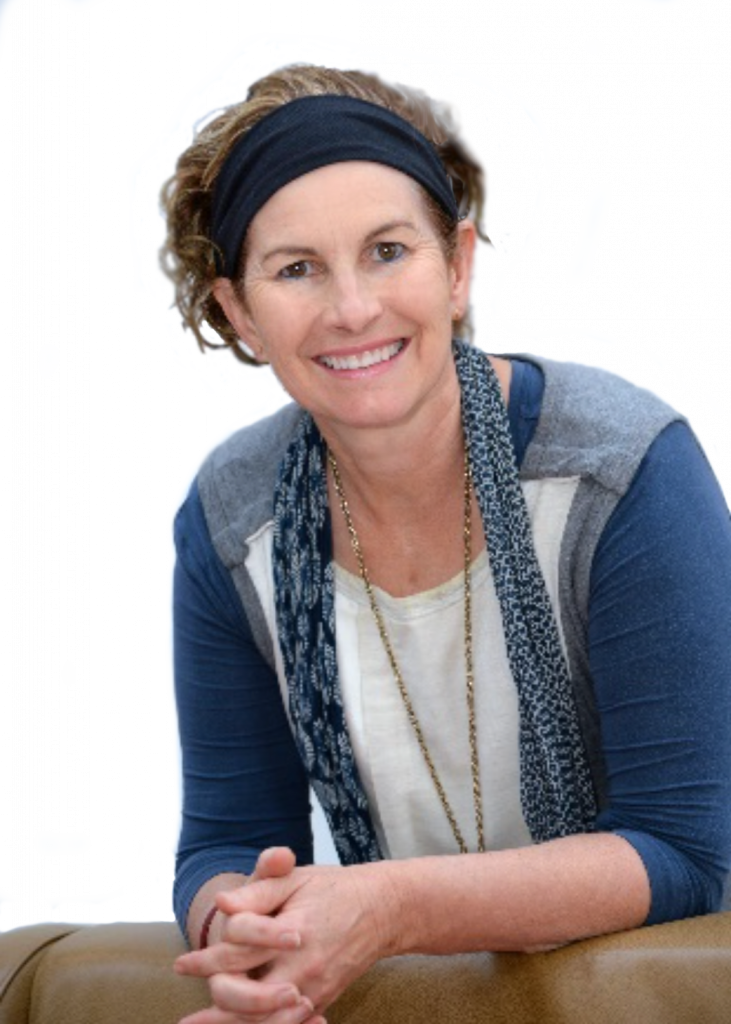The psycho-dynamics of human animal connections
Eight-week live interactive online course
Prof Susan Long & Margo Lockhart
The psycho-dynamics of human animal connections
Eight-week live interactive online course with
Professor Susan Long & Margo Lockhart
Starting 5 October 2022
This course is open to participants interested in how the psychodynamics of human animal connections might aid you in your professional and private lives. It is designed as a pilot course at a postgraduate level although there are no pre-requisite studies required. It will be conducted live interactive online via zoom.
Course Content
This course explores the spaces that animals occupy in human social and cultural worlds and the interactions humans have with them. Central to the subject is an exploration of the notion of sentience, who or what we see as sentient, and what significance this has in human group, organisational and social behaviours. Participants explore their own connections and relationships with animals.
The course involves four main areas: how societies ‘construct’ animals through literature, film, art, and cultural ceremonies; the ecological significance of human animal connectedness; how humans use animals through economies such as farming, domestication, laboratory use of animals and the consumption of animals and related phenomena such as the concept of the ‘meat paradox’; and finally attitudes to animals, where participants explore human-pet relationships and the concept of anthropomorphism.
Participants are invited to examine their own interactions with animals through methods such as the use of drawing and a field trip to an organisation which is associated with animals. This might be a pet store, an animal welfare group, a farm, a zoo; or involvement in a program involving animals, such as a horse whispering program.
Participants also explore various attitudes to animals within a small group and observe the dynamics that occur throughout this exploration.
Learning Outcomes
On successful completion of this course participants would be expected to attain
knowledge about and insight into:
- The definition of ‘animal’ and our own ‘animality’;
- Animals as symbols in human systems- in literature the arts, folk lore, cults and ceremonial ceremonies;
- The emerging discipline of ‘Anthrozoology’, the study of the interactions between humans and other animals;
- The co-evolution of humans and animals;
- The ways animals are used, consumed, thought about, and ‘not thought about’ in our personal and work systems;
- The concept of ‘carnism’ as defined by Melanie Joy (2010).
and skills in:
- Identification and management of unconscious processes related to animals in everyday life;
- Identifying and working with paradox;
- Intercultural and institutionalised understanding of various attitudes and treatment of animals and collaboration on these issues;
- Understanding social defences and one’s own individual defences against unpleasant truths;
- Drawing, writing and verbally articulating one’s own attitudes and actions with relation to animals.
References (for interest)
Bastian, B., Loughnan, S., Haslam, N., & Radke, H. R. M. (2012). Don’t mind meat? The denial of mind to animals used for human consumption. Personality and Social Psychology Bulletin, 38,
247–256.
DeMello, M. (2012). Animals and society. An introduction to human–animal studies. New York, NY: Columbia University Press.
Herzog, H. (2010) Some We Love, Some We Hate, Some We Eat. Why it’s so Hard to Think Straight about Animals. USA. Harper Collins.
Hutchins,G. and Storm, L. (2019) Regenerative Leadership. The DNA of life affirming 21 st century organisations. Wordzworth.
Joy, M. (2010). Why we Love Dogs, Eat Pigs and Wear Cows. San Francisco: Conari Press
Long, S. (2015) Turning a Blind Eye to Climate Change, in Organisational & Social Dynamics 15(2) Melbourne, pp. 248–262
Lovelock, J. (2009). The Vanishing Face of Gai. A Final Warning. London: Penguin Books.
Mann, C. (2018). Vystopia. The anguish of being vegan in a non-vegan world. Sydney: Communicate31
Oppenlander, R. (2012). Comfortably Unaware: What we choose to eat is killing us and our planet. New York: Beaufort Books.
Ricard, M. (2016). A Plea for the Animals: The Moral, Philosophical and Evolutionary Imperative to Treat All Beings with Compassion. Colorado: Shambhala Publications, Inc.
Rust, M. J. (2020) Towards an Ecopsychotherapy. London, Confer Books.
Safron Foer, J. (2009). Eating Animals. London: Penguin Books.
Scharmer, C.O. (2016) Theory U, Leading from the Future as It Emerges, United States: Random House, Edition 2
Singer, P. (1975). Animal liberation (1 st ed). New York: Harper Collins.
Smith, K. (2019) The Abundance-Scarcity Paradox. USA: Outskirts Press.
Stacey, R. (2010) Complexity and Organizational Reality: Uncertainty and the Need to Rethink Management after the Collapse of Investment Capitalism. UK, Routledge; 2nd edition.
Steiner, J. (1999) Turning a Blind Eye. The Cover Up for Oedipus, in Bell, D. (editor) Psychoanalysis and Culture. A Kleinian Perspective. Gerard Duckworth & Co. Ltd. London., pp 86 – 102
Wheatley, M. (2006). Leadership and the New Science. Discovering Order in a Chaotic World. San Francisco: Berrett-Koehler.
Western, S. (2019). Leadership: A Critical Text. United Kingdom. Footprint Books
The psycho-dynamics of human animal connections: Prof Susan Long & Margo Lockhart
AUD $2,400 for eight live interactive online two-and-half-hour sessions
Early-bird special price AUD $2,100 before 31 August
This is fully interactive and online. The commitment is for eight, two-hour-and-half hour sessions. A certificate of completion will be given to participants who complete the course.

Starting Wednesday 5 October
6 – 8.30 pm 🇨🇰 Melbourne
3 – 5.30 am (eek!) 🇺🇸 New York
7 – 9.30 am 🇬🇧 London
9 – 11.30 am 🇿🇦 South Africa
12.30 – 3 pm 🇮🇳 New Delhi
3 – 5.30 pm 🇸🇬 Singapore
Please note, there are time zone shifts during these sessions to daylight savings and wintertime, so the session times do vary.
The time listed below is set to calculate the first start time depending on the time zone of your computer. The first session will start at:
time start
The psycho-dynamics of human animal connections
Day(s)
:
Hour(s)
:
Minute(s)
:
Second(s)

Professor Susan Long
Psycho-dynamics of human-animal connections
Susan Long is a Melbourne based organisational consultant and executive coach. Previously, Professor of Creative and Sustainable Organisation at RMIT University, she is now a Professor and Director of Research at the National Institute for Organisation Dynamics Australia (NIODA) and a coach and consultant in private practice. She is an associate of the University of Melbourne Executive Programs and teaches at INSEAD in Singapore and the University of Divinity in Melbourne where she is involved in a coaching program.
Susan has consulted to organisational change in the health and justice sectors and coached senior executives across many sectors. She has worked with executives from many different nationalities and from diverse industries, having taught or consulted in the UK, the USA, Ireland, the Netherlands, Germany, Russia, Israel, Thailand and Singapore. Susan also works as a supervisor and coach for organisational development professionals in Australia and Singapore. She has over 35 years of experience with Group Relations, having been on staff or directed many conferences.
Susan has been in a leadership position in many professional organisations and
has published ten books and many articles in books and scholarly journals, is General Editor of the journal Socioanalysis and an Associate Editor with Organisational and Social Dynamics. She is a member of the Advisory Board for Mental Health at Work with Comcare and a past member of the Board of the Judicial College of Victoria (2011-2016). Susan is a distinguished member of ISPSO.

Margo Lockhart
Psycho-dynamics of human-animal connections
Margo Lockhart is a highly regarded facilitator, designer and coach with a deserved reputation for developing trust and rapport in the working environment. She regularly facilitates management and leadership programs, as well as courses in Emotional Intelligence, Team Dynamics and Influencing Skills. With an academic background in education, counselling and organisational dynamics, Margo brings a disciplined and reflective focus to her work.
Margo’s academic focus combines her extensive experience in leadership development and group dynamics with her love of animals and her interest in sustainability. Her doctorate work is in the ‘social politics of meat’, an exploration of what is talked about, and not talked about, concerning the animals we raise and consume. She has a particular interest in the ‘meat paradox’- the fact that we can both love and eat animals, and the cognitive dissonance and dissociation this entails. She is also an experienced board director, having spent 10 years on the boards of various environmental groups.
When & Where
NIODA Pyscho-dynamics of human animal connections: Eight week live interactive online course with Professor Susan Long & Margo Lockhart
📆 Dates
Wednesdays 5 October – 23 November 2022
⏰. Session Times
6 – 8.30 pm 🇨🇰 Melbourne
3 – 5.30 am (eek!) 🇺🇸 New York
7 – 9.30 am 🇬🇧 London
9 – 11.30 am 🇿🇦 South Africa
12.30 – 3 pm 🇮🇳 New Delhi
3 – 5.30 pm 🇸🇬 Singapore
Due to changes in different countries for daylight savings, summertime, wintertime there will be variations.
💷 For only
AUD $2,400 including; all eight two-hour-and-half hour sessions; weekly readings, and critical discussions with limited participant numbers
Early-bird special price AUD $2,100 until 31 August
👩🏻💻. Location
Live interactive online sessions via Zoom
About NIODA
The National Institute of Organisation Dynamics Australia (NIODA) offers internationally renowned post-graduate education and research in organisation dynamics, and decades of experience consulting with Australian organisations.
The study of organisation dynamics brings together socio-technical and psychoanalytic disciplines to explore the unconscious dynamics that exist in every group, team or organisation. Learning more about these theories, and reflecting on the experience of them, can support leaders and managers to unlock great potential in their organisations, tackling issues through a whole new light.
PO Box 287, Collins Street West,
Wurundjeri Melbourne 8007 Australia
+61 (0) 414 529 867
info@nioda.org.au
NIODA acknowledges the Kulin Nations, and respective Traditional Custodians of the lands we work on.
We pay our respects to Elders past and present, and recognise their enduring sovereignty which has, and continues to, care for Country.
NIODA welcomes the Uluru Statement from the Heart’s invitation to walk with Aboriginal and Torres Strait Islander peoples in a collective movement for a better future.
